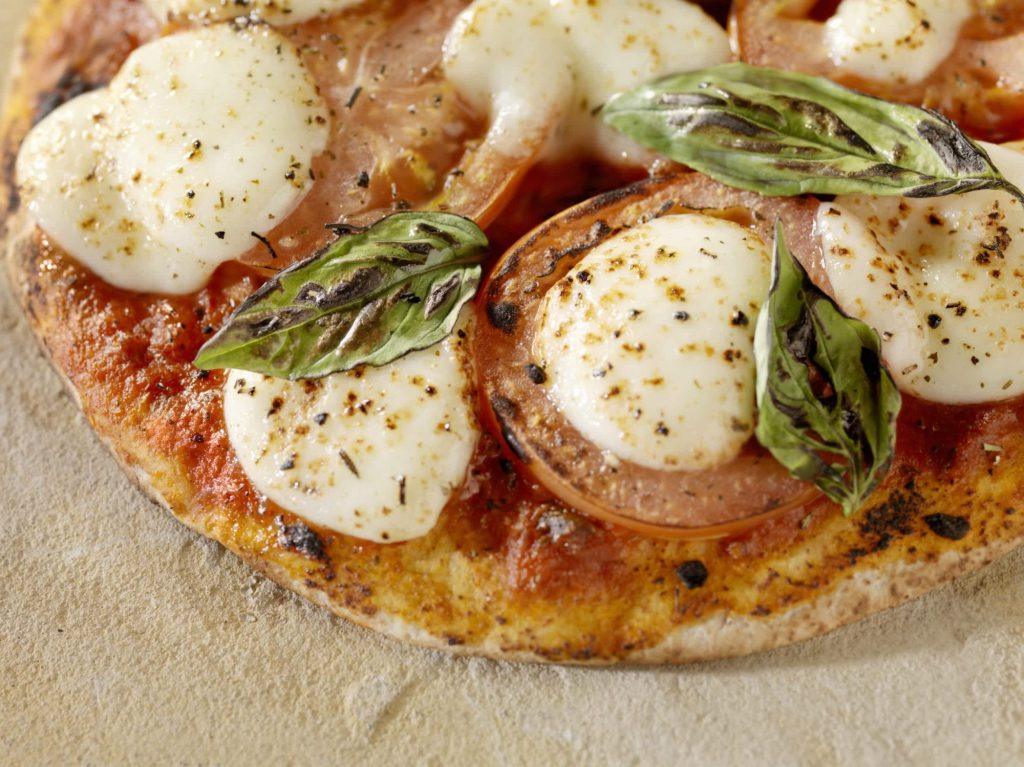Everyone loves the concept of a cheat meal: when you’re in the middle of a strict diet or training program, you’re suddenly allowed splurge on Tim Tams, pizza or ice cream.
But are cheat meals actually good for you or are they just wishful thinking?
Let’s take a look at the pros and cons of cheat meals so you can decide if they’re the solution for you.
The pros
— The theory is that cheat meals help you stay on track with your diet. That one cheat meal a week of dietary deprivation gives you something to look forward to.
— It creates routine, which also makes it easier to stay on track and hit your goals. The more variation in your diet, the harder it is to stay on track, and you tend to eat more.
— It may help boost your metabolism and help you slim down faster. Every day your metabolism adjusts to the amount of food you eat — if you eat more, your metabolism will fire up to burn more. Dieters may find that a single high-energy cheat meal will boost their metabolism until the following day, helping to burn more fat on the subsequent day at their reduced-calorie load. However, this type of calorie cycling hasn’t been proven by scientific research.
— Cheat meals may take the guilt away from eating “bad” foods you’re not “supposed” to be eating. If you can reduce the guilt associated with poor food choices, it will help you make better dietary choices overall. This is because when you feel guilty, the typical response is more emotional eating to make you feel better.
The cons
— A cheat meal can easily turn into a junk food binge. Before you know it, you’ve eaten an entire packet of Tim Tams. Or your cheat meal turns into a cheat evening, or even a cheat day. If you think that could happen to you, it’s easier to abstain from cheat foods and limit them to the occasional social event. Having a small slice of birthday cake at a party is a normal part of social eating and food variation.
— Cheat meals exist because there are many dieters out there looking for permission to enjoy their favourite foods. Dieting is so pervasive in modern society, but it’s not necessary. There are many other ways to lose weight that don’t involve traditional dieting. If you’re interested in exploring this idea, mindful eating approach might be a better way to practise healthy eating instead.
— If you’ve been eating lean and clean for a while, you may find a high-fat, high-sugar cheat meal leaves you feeling quite ill. Your body adjusts to the amount of food you eat, so you might find that you become very sensitive to energy-dense foods. If this is the case, a cheat snack rather than a meal, may be a better option. One thing to remember is that there isn’t a one-size-fits-all solution to healthy eating. If cheat meals help you make better choices throughout the week, then there’s nothing sinister about that. Ultimately, make your decision by considering how cheat meals affect you personally.
Read more stories from TheLatch— and follow us on Facebook.

